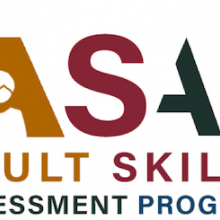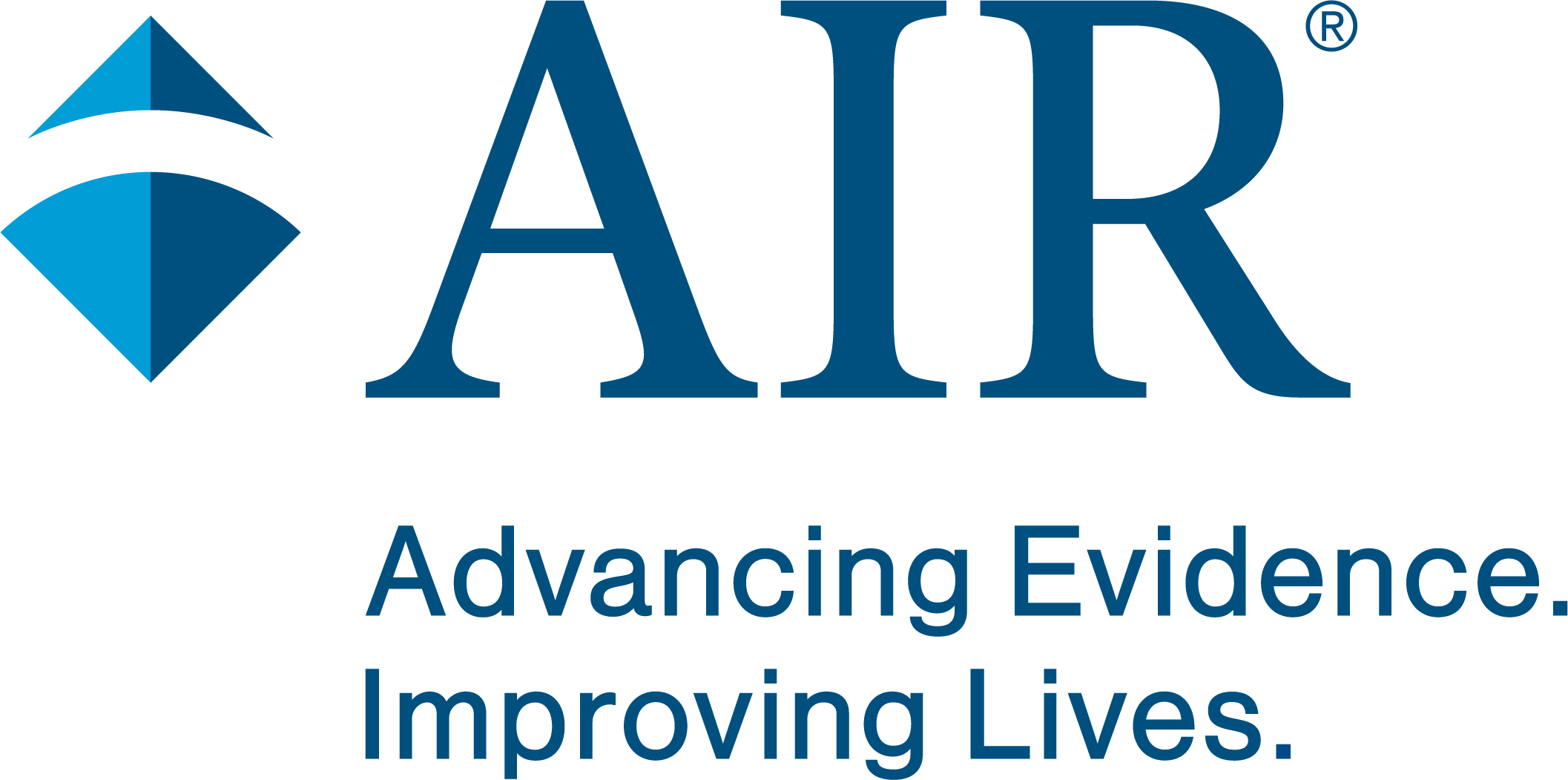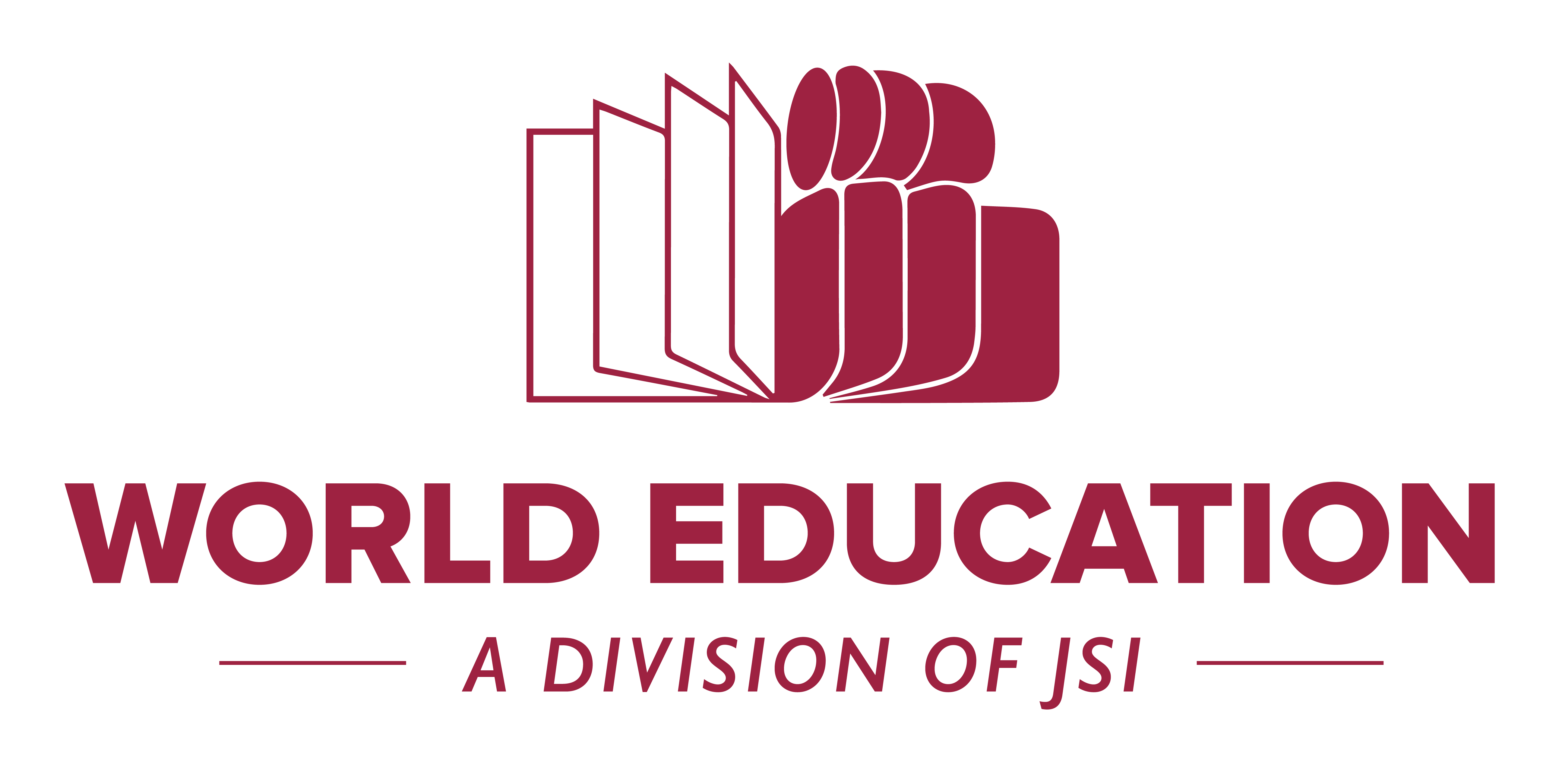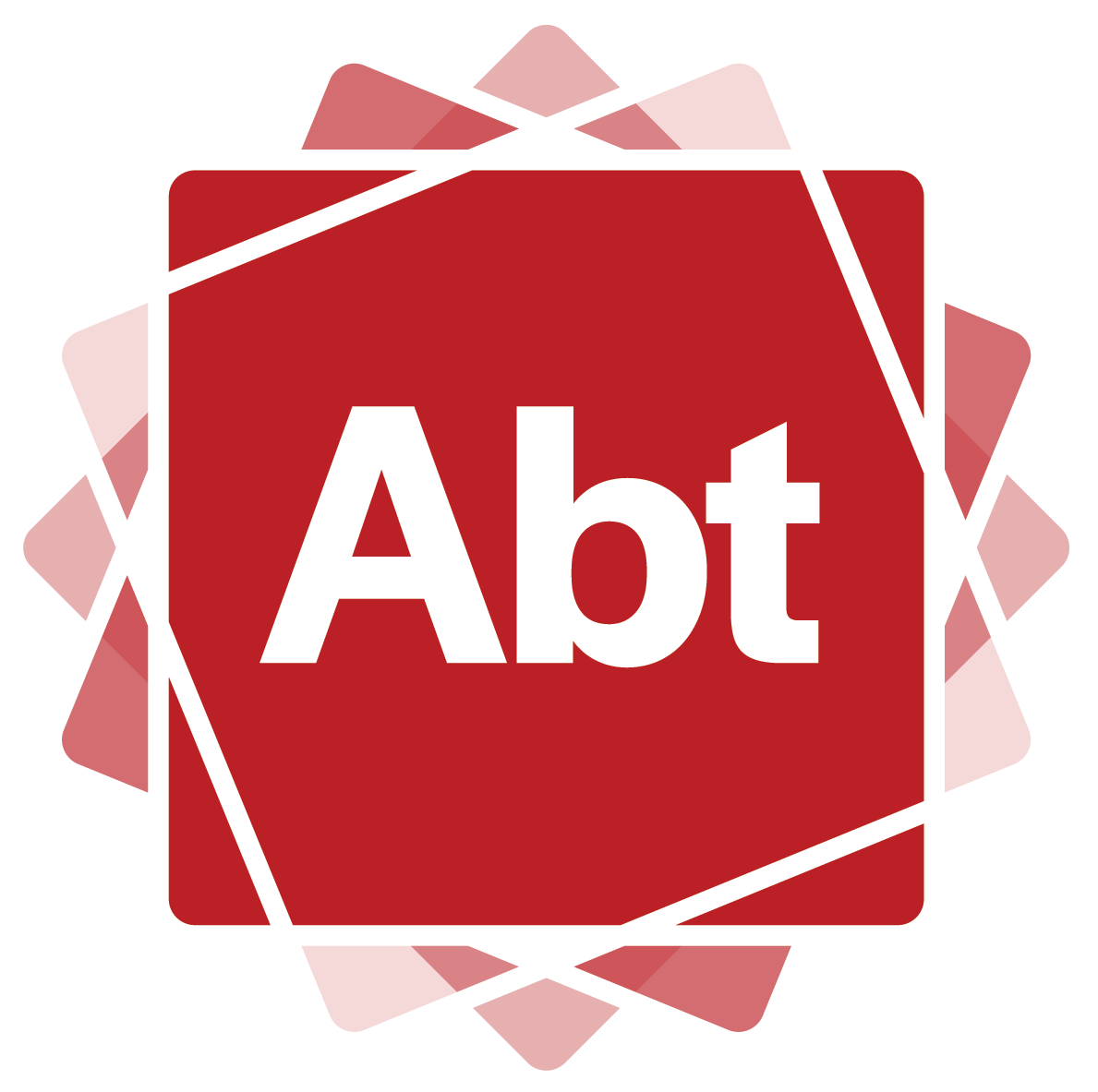Resource
Current Assessment Needs in Adult Education and Workforce Development
Posted on
Description
The present report summarizes the research conducted through focus groups, literature reviews, and listening sessions to understand and document the specific assessment needs in adult education and workforce development.
(November 2023)
Resource
Assessing the Dimensionality of O*NET Cognitive Ability Ratings Across Job Zones
Posted on
Description
The present report analyzes the US Department of Labor’s Occupational Information Network (O*NET) data, revealing social skills, reasoning skills, and verbal skills are important for success across different types of jobs.
(February 2024)
Resource
Texas Standards 2.0 Webinar
Posted on
Description
Webinar recorded on 11/3/2021 for the UMass ASAP project. Here, presenters Maria Elena Oliveri, Karl Haigler, and Anson Green provide an explanation of how the Texas 2.0 adult education/workforce development standards were created. These standards bridged adult education and job training programs using the O*NET job classification system. More info about the Texas Standards 2.0 project, including the Standards themselves, is available here.
(November 2021)
Resource
Assessment Resources in Adult Education and Workforce Development
Posted on
Description
As part of ASAP we reviewed the literature and practices in adult education and workforce development to compile information on existing assessments and related resources. We plan to periodically update this compilation, so feedback on the structure, content, and organization of the compilation is welcome, as are suggestions for resources not yet included (asap@umass.edu).
(September 2022)
Resource
Working Bibliography of Culturally Sustaining and Anti-Racist Assessment Resources
Posted on
Description
Consistent with ASAP’s assessment principles of offering a justice-oriented, antiracist approach, we prepared a working bibliography of culturally sustaining and anti-racist assessment resources. We plan to periodically update this bibliography, so feedback on the structure, content, and organization of the bibliography is welcome, as are suggestions for resources not yet included (asap@umass.edu).
(January 2023)
Resource
Current Assessment Needs in Adult Education and Workforce Development
Posted on
Description
The present report summarizes the research conducted through focus groups, literature reviews, and listening sessions to understand and document the specific assessment needs in adult education and workforce development.
From: The Adult Skills Assessment Program (ASAP) Research Team
Blog
ASAP Releases New Equity Statement

Posted on
The Adult Skills Assessment Project (ASAP) is addressing the bias that underlies traditional assessment development and validation. This bias does not recognize how oppressive systems like racism can impact test design and development. ASAP believes in accessible, justice-oriented, anti-racist, and culturally sustaining assessment practices. In alignment with these beliefs, ASAP has a new antiracist equity statement as an alterative design, development, and validation approach to assessment. The equity statement promotes practices that involve engaging…






